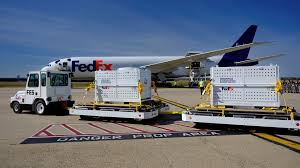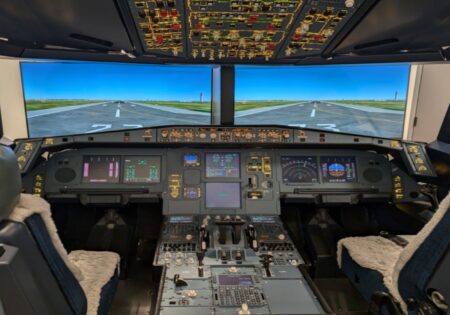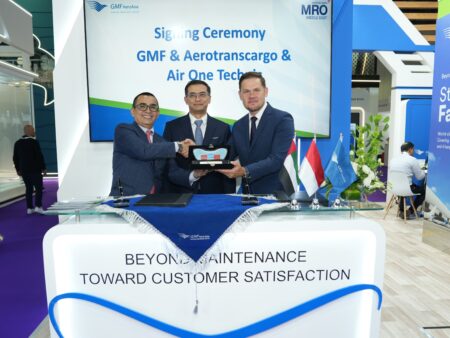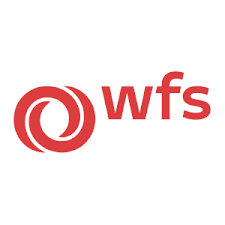IATA’s SAF Registry will launch in Q1 2025 to track emissions reductions, aiding airlines in meeting decarbonization goals.
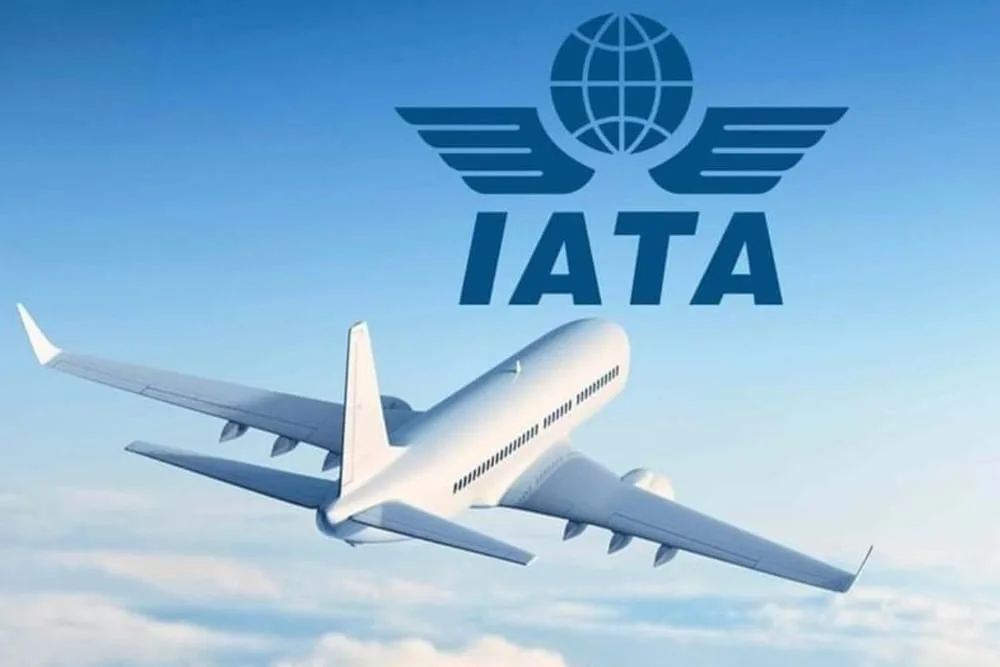
The International Air Transport Association (IATA) has announced the establishment of the SAF Registry, a significant step towards accelerating the uptake of Sustainable Aviation Fuels (SAF). This new initiative aims to provide authoritative accounting and reporting of emissions reductions achieved through SAF usage.
Scheduled to launch in the first quarter of 2025, the registry has already garnered support from a diverse group of stakeholders, including seventeen airlines, one airline group, six national authorities, three Original Equipment Manufacturers (OEMs), and one fuel producer.
SAF is projected to account for up to 65% of the total carbon mitigation required for the aviation industry to achieve net-zero carbon emissions by 2050. Willie Walsh, IATA’s Director General, highlighted the crucial role of SAF in aviation’s decarbonization efforts. “SAF is key to aviation’s decarbonization. Airlines want more SAF and stand ready to use every drop of it. The SAF Registry will help meet the critical needs of all stakeholders as part of the global effort to ramp-up SAF production,” Walsh stated.
The registry will address several key needs:
- Wide Geographic Scope: It will allow airlines to purchase SAF regardless of its production location, with certified environmental attributes tracked and assigned to the purchasing airline. This ensures accurate emissions reductions reporting in line with international standards.
- Broad Application and Neutrality: The registry will remain neutral regarding regulations, types of SAF, and other specific requirements, making it adaptable to various user needs. IATA is collaborating with certification organizations and fuel producers to standardize data for efficient processing.
- Regulatory Compliance: The registry will assist airlines in meeting regulations such as the Carbon Offsetting Reduction Scheme for International Aviation (CORSIA) and the EU Emissions Trading Scheme, ensuring transparency and compliance with SAF mandates.
The registry is designed to adhere to the sector’s agreed SAF accounting and reporting principles, aligning with international protocols and industry best practices. It will include safeguards against double counting and double claiming and ensure the integrity and immutability of all data recorded.
Governance of the registry will be independent, ensuring impartiality and robustness, while participation will be on a cost-recovery basis to avoid unnecessary financial barriers to SAF adoption.
Development of the registry is a collaborative effort involving airlines, government authorities, international organizations, OEMs, fuel producers and suppliers, airports, and corporate travel management companies. Notably, the participation of governments aims to ensure compliance with civil aviation authorities’ requirements, enabling swift validation and approval of claims, updating national emission inventories, and aligning actions with international standards such as those set by the International Civil Aviation Organization (ICAO).
With the launch of the SAF Registry, IATA is poised to significantly advance the global aviation industry’s move towards a more sustainable future, supporting comprehensive and transparent tracking of SAF usage and its environmental benefits.
(Source: IATA)







